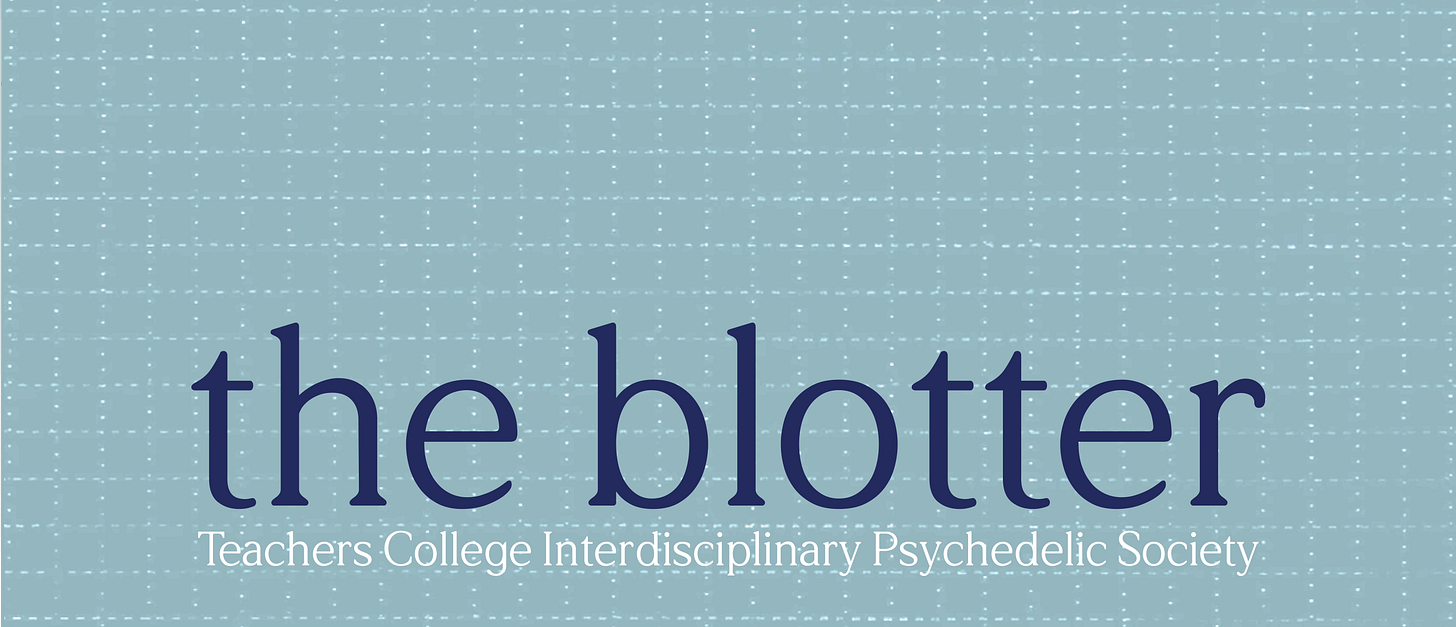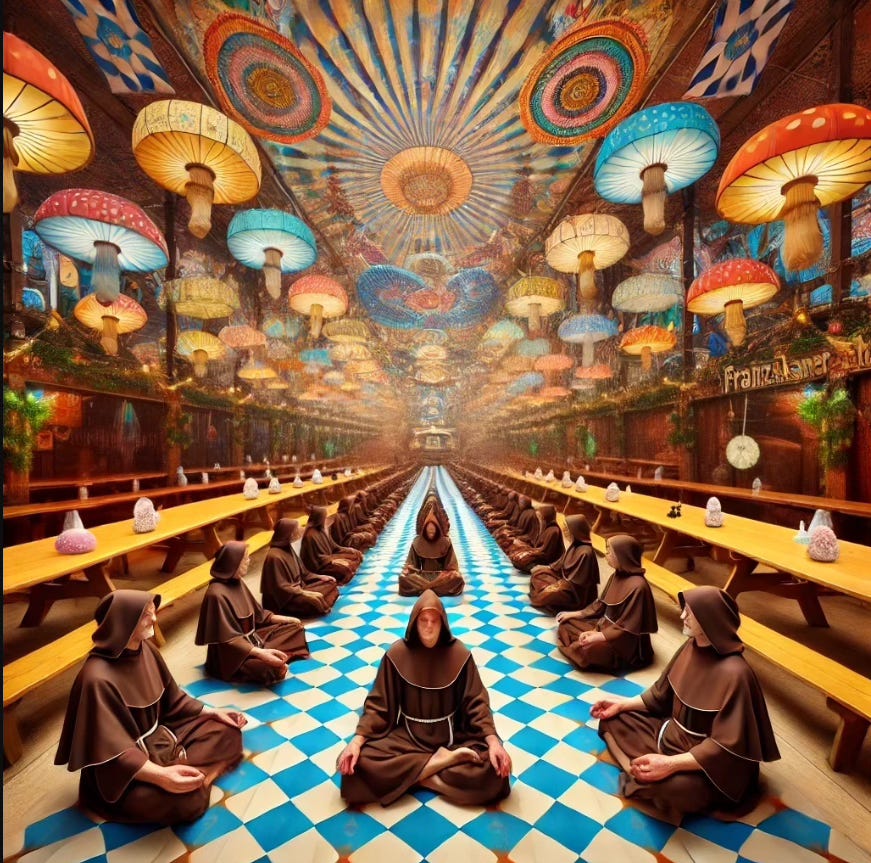“O’ zapft is!” And that’s how it all starts. When the mayor of Munich Oktoberfest speaks those words, the biggest folk festival in the world with over 7.2 million visitors each year, officially begins. And it attracts people from all over the world. I was surprised: it is neither the neighboring Italians, nor the British that constitute the largest percentage of foreign guests—Americans take the number one spot at 12 percent. So what is it about the Oktoberfest that leads so many people to invest large amounts of money, time, and effort to come all the way to Germany? The answer: Beer!“O’ zapft is!” literally translates to “It is tapped!” and marks the moment when the first barrel of beer brewed specifically for the Oktoberfest is opened. From that point onwards, the visitors are allowed to put in their orders and the golden liquid starts flowing from the taps like there’s no tomorrow. On average, over 7 million liters of beer are poured each year for a crowd eager to enjoy the festivities in a slightly more inebriated state. And some do not want to get just slightly more inebriated. Suppose the Pareto principle also holds true in this case, the top 20 percent of beer drinkers at the Oktoberfest consume about 4 to 5 liters of beer each.
Now for my American audience: As a German myself, I unfortunately have to tell you that your “beer” just can’t really keep up with what we pour in Germany. Not just in terms of taste but also alcohol content. The average “Maß” (the 1 Liter beer mug the beer is served in) contains about 60 ml of pure alcohol (ethanol) given the alcohol content of 6 percent. This means that a sizable 1.4 million people drink the alcohol equivalent of half a bottle of vodka or more. Now of course, that is over a span of multiple hours within a beer tent. But still: being drunk—and it’s consequences—are such a deeply ingrained part of the Oktoberfest that most people probably would consider something to be seriously missing if people suddenly stopped drinking. There is even a special “attraction” called the “Kotzhügel” (you can translate it yourself if you want to) specifically designated for drunk people to endure the effects of alcohol poisoning.But why exactly is it such an integral part of the festivities? The most common answer you will get when you ask someone at the Oktoberfest, or most Bavarian politicians for that matter, will simply be: “Tradition. It’s always been that way!” And that is certainly true. In fact, almost all cultures in history (except certain tribes in Antarctica) have used the process of fermenting sugars into alcohol to their advantage. One of the reasons why southern Germany got specifically good at it, is due to Christian practices of fasting. More specifically, Christian monks in the middle ages observed periods of fasting during which they were not allowed to eat any solid food. In order to meet their energy needs however, they had to figure out a way to ingest a lot of calories in liquid form.
Relatively simple to make and calorically dense, beer was the answer. And it came with the added benefit that during the brewing process, most harmful bacteria got killed. This meant that beer was the preferred way for most people to hydrate, sometimes even more so than water. These historical artifacts can still be seen in the logos that various beer brewing companies choose as a main way to communicate with consumers: They contain monks—robes and all.
Now that you have a better idea of how deeply intertwined alcohol is with the German way of life, let’s imagine the world where things had been slightly different. What if these monks, instead of becoming expert beer brewers, would have spent the time to become expert mycologists? What if they had discovered how to cultivate magic mushrooms? They would have come to know what their ancestral Germanic tribes had known before them: Beer is sustenance for their physical body, and magic mushrooms are sustenance for their soul.And what would the Oktoberfest look like today, if instead of alcohol, psychedelics had become an integral part of the yearly ritual as well. The traditional Bavarian clothing—the Lederhosen' and the Dirndl—would likely be even more colorful.
And certainly, there would be a lesser need for roller coaster rides. The food would probably be more varied too. Instead of offering mostly heavy, fatty, or overly sugary foods, vendors would probably display plant-based juices and vegan alternatives to Oktoberfest classics. More importantly however, the whole atmosphere at the Oktoberfest would probably shift a little—or a lot. Alcohol is one of the only substances that actively increases the level of aggression in consumers. Each year, the city of Munich spends around 12 million Euros on the Oktoberfest to cover things like garbage cleanups, damaged infrastructure, and security personnel.
If psilocybin containing mushrooms were the drug of choice however, things would look a little different. Instead of paramedics having to deal with a lot of unresponsive, rude, or outright violent drunks, there would be a whole other vocation of professional “Oktoberfest-tripsitters” that help calm down individuals in the midst of being overwhelmed by sensory stimuli. To prevent that though, there would probably be a whole tent dedicated to silent meditation. Maybe everyone would be provided with traditional monk’s robes and invited to sit in stillness, remaining centered in the face of the continuing craziness outside—a nucleus of peace in the midst of a certain kind of fun insanity fueled by lowered inhibitions and disregard for future consequences.
Of course, I am probably highlighting the benefits of psychedelics and casting alcohol in an overly negative light. Nevertheless, I do think asking oneself the question of why exactly alcohol is so readily accepted—so much so that some people would disagree that it even is a drug at all—has value, and imagining how things might look different can inspire positive change. Soon, burning man might no longer be the premier psychedelic festival: So the next time someone makes the argument to you that magic mushrooms shouldn’t be legalized “because that’s just not our tradition,” then ask them the following: “So if people had been using it for centuries, would you then support the use of them?”
If they answer no, then you can at least point out to them that glorifying alcohol simply because it is tradition isn’t really congruent with thinking. And if they answer yes, you might be interested (at least if you are from Germany) in my next article talking about germanic shamanism and their use of psychedelic sacraments.
By Dennis Lemke








wow....love this article ,cool perspective . learnt so much about the culture's significance in oktoberfest.